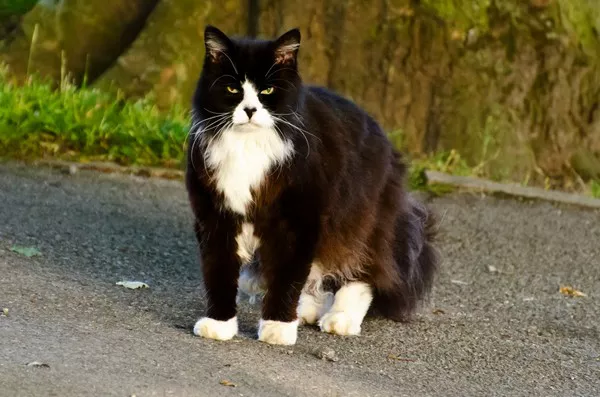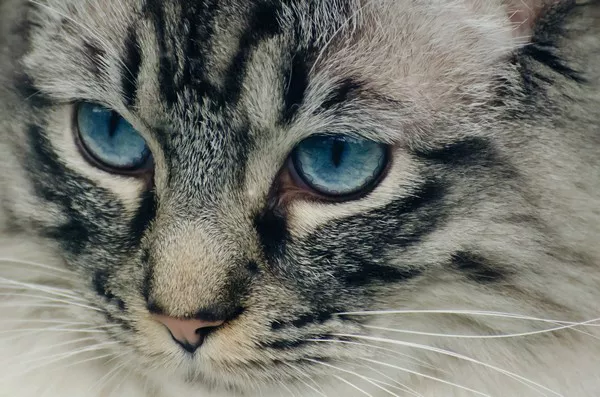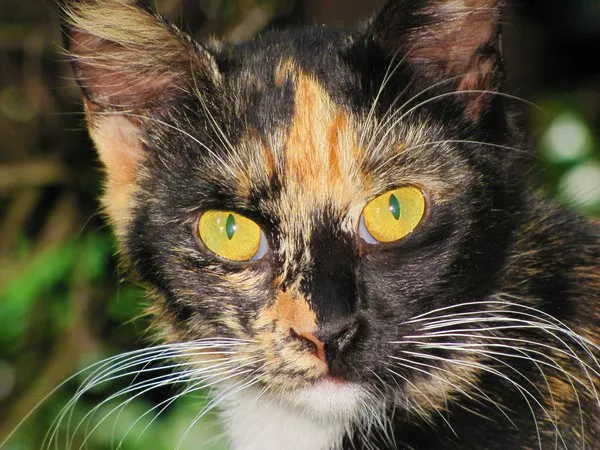As mosquito activity increases with the onset of warmer weather, pet owners become increasingly concerned about protecting their furry feline companions from heartworm disease. While heartworm is more commonly associated with dogs, cats are also susceptible to this potentially life-threatening condition. Fortunately, there are several effective measures that cat owners can take to prevent heartworm infection in their beloved pets as mosquito populations rise.
Heartworm disease in cats is caused by the same parasitic worm, Dirofilaria immitis, that affects dogs. However, unlike in dogs, heartworm infection in cats is less common and often more challenging to diagnose. Cats are considered atypical hosts for heartworms, meaning that the parasite does not always reach the adult stage and may not produce microfilariae (larvae) detectable through standard testing. As a result, heartworm disease in cats can be asymptomatic or present with vague and nonspecific clinical signs, making it difficult to diagnose.
Preventing Heartworm Infection in Cats
While preventing heartworm infection in cats presents unique challenges, there are several proactive measures that cat owners can take to minimize the risk of disease:
Consult with Your Veterinarian: Schedule regular veterinary check-ups for your cat and consult with your veterinarian about heartworm prevention strategies. Your veterinarian can recommend appropriate preventive medications and perform heartworm tests to assess your cat’s risk of infection.
Administer Preventive Medications: Veterinarians may prescribe monthly heartworm preventatives specifically formulated for cats. These medications are available in various forms, including topical treatments and oral tablets, and work by killing heartworm larvae before they can mature into adult worms.
Keep Your Cat Indoors: Minimize your cat’s exposure to mosquitoes by keeping them indoors, especially during peak mosquito activity times such as dawn and dusk. Indoor cats are at lower risk of heartworm infection compared to outdoor cats.
Mosquito Control: Implement mosquito control measures in and around your home to reduce mosquito populations. Use mosquito repellents designed for cats and eliminate standing water sources where mosquitoes breed, such as flower pots, birdbaths, and clogged gutters.
Environmental Management: Create a mosquito-free environment for your cat by using screens on windows and doors, installing mosquito nets over outdoor enclosures, and employing mosquito traps or foggers in your home.
Educate Yourself: Stay informed about heartworm disease in cats and its prevention by seeking information from reputable veterinary sources and organizations. Understand the signs and symptoms of heartworm infection in cats and be vigilant in monitoring your cat’s health.
Conclusion
As mosquitoes become more prevalent with the arrival of warmer weather, cat owners must take proactive steps to protect their feline companions from heartworm disease. By consulting with veterinarians, administering preventive medications, minimizing outdoor exposure, implementing mosquito control measures, and staying informed about heartworm prevention strategies, cat owners can effectively safeguard their cats’ health and well-being. With diligence and vigilance, cat owners can enjoy peace of mind knowing that they are taking proactive measures to prevent heartworm infection and ensure the longevity and vitality of their cherished feline friends.



























